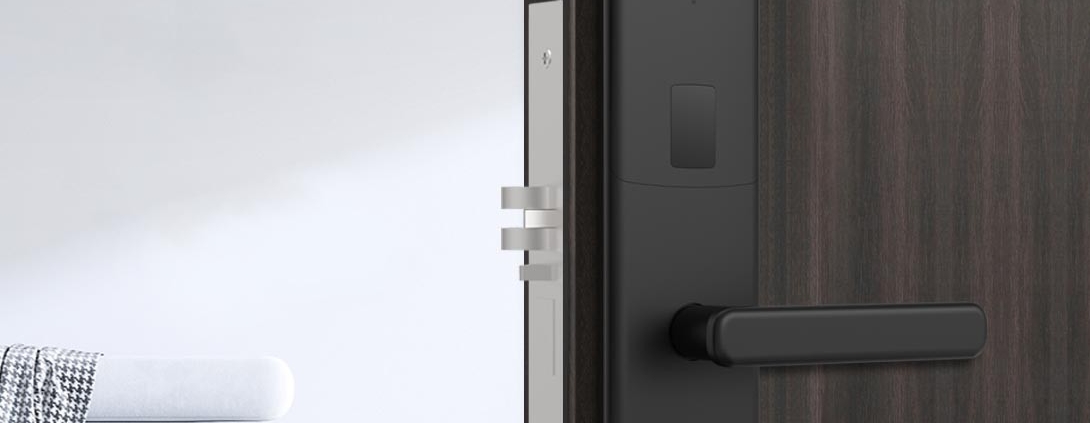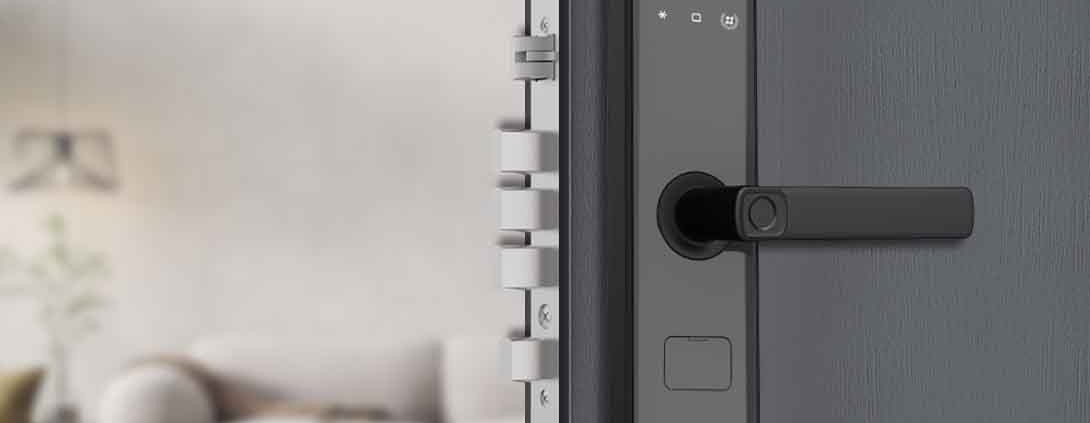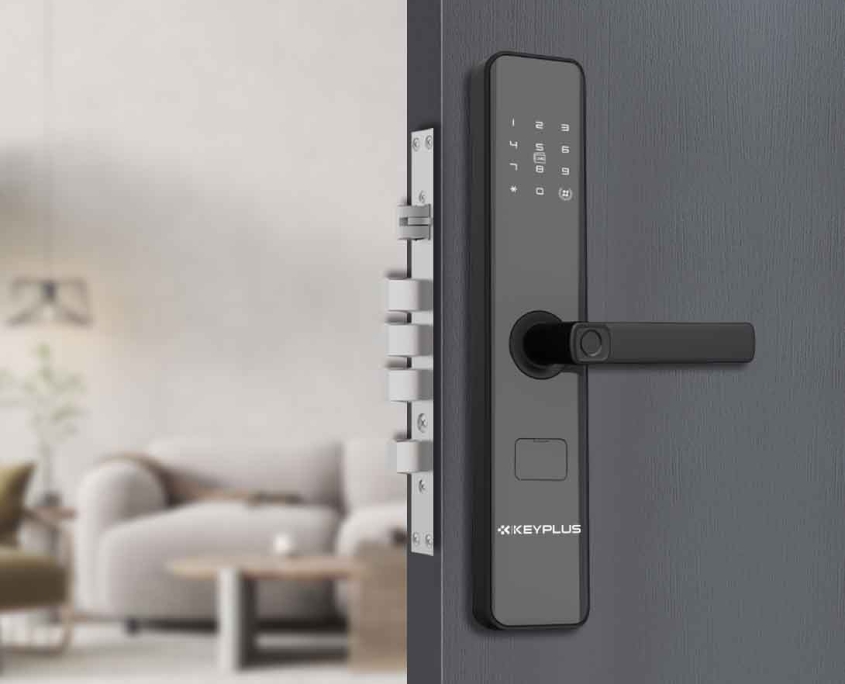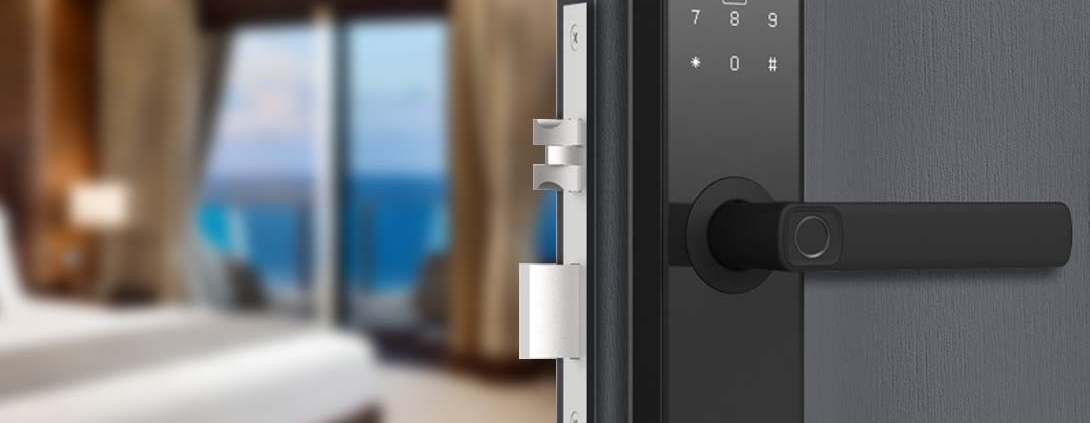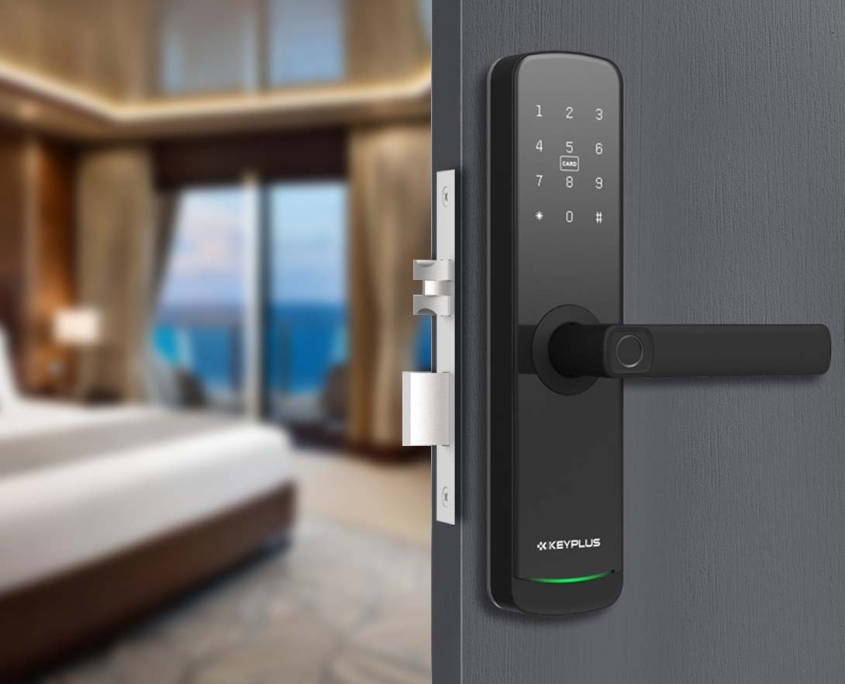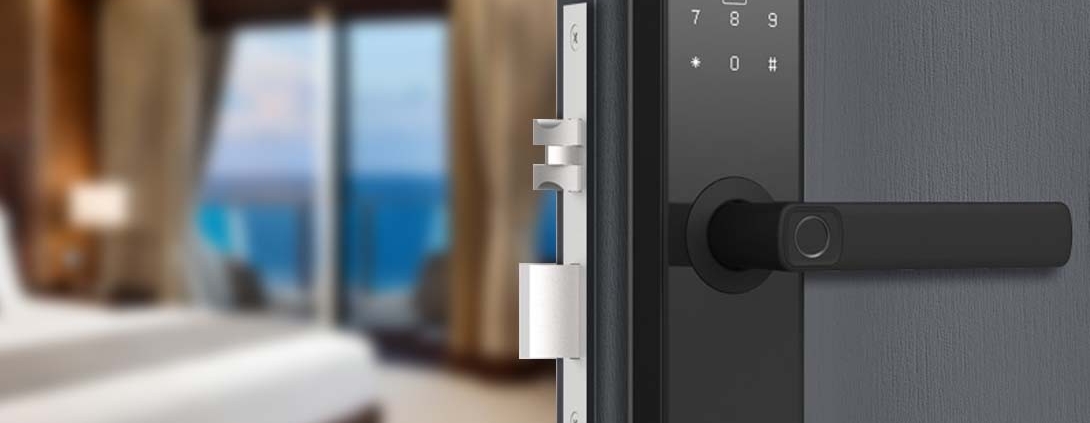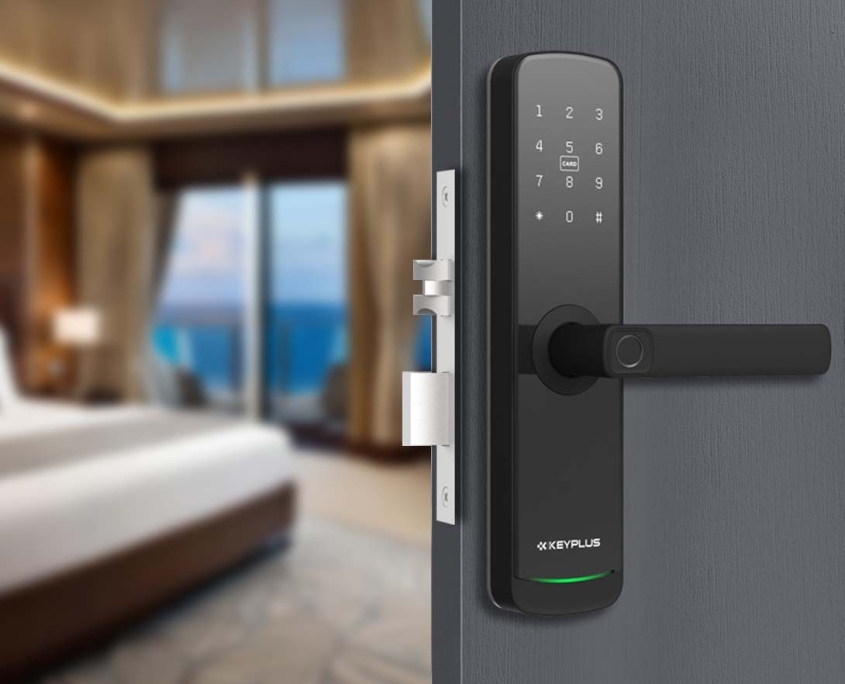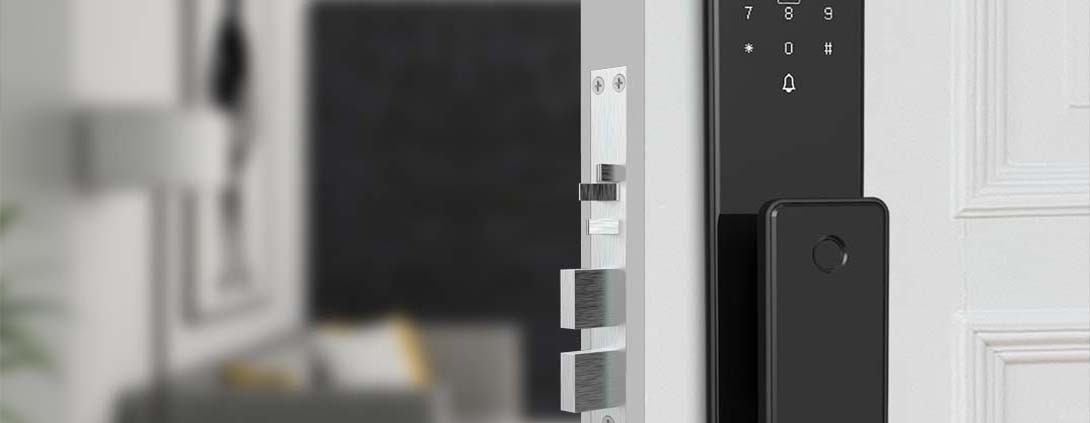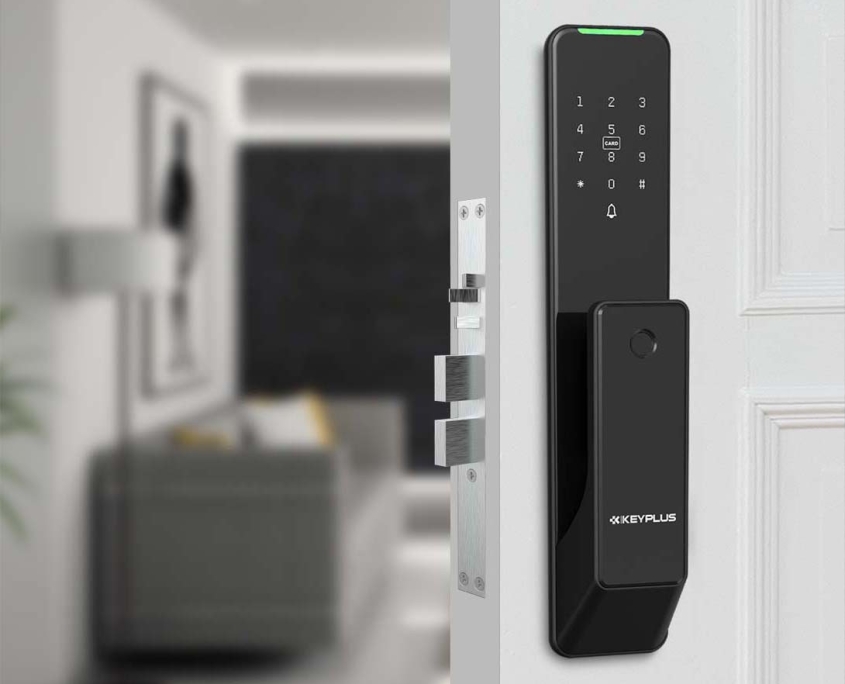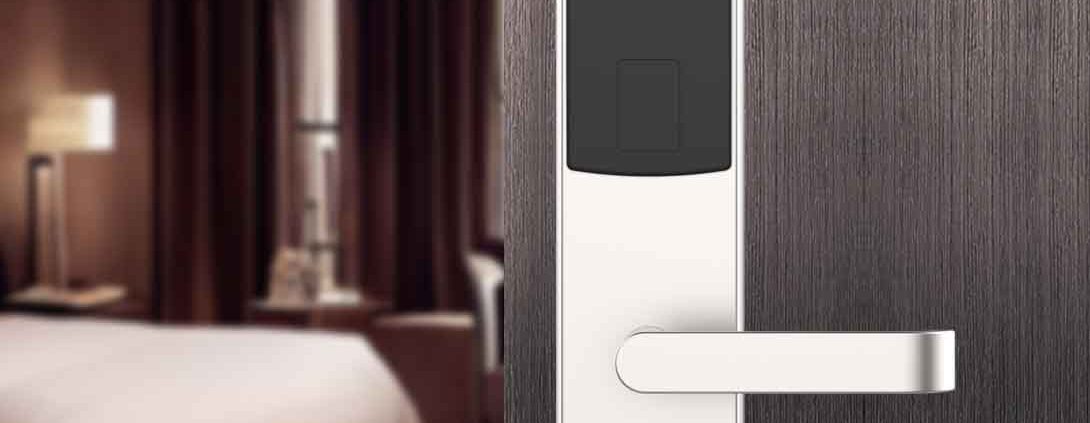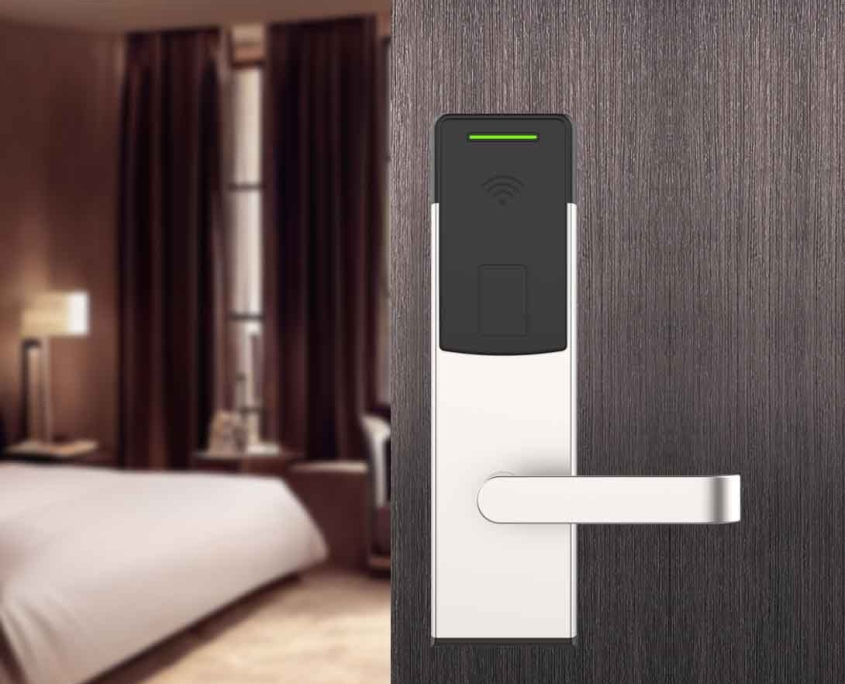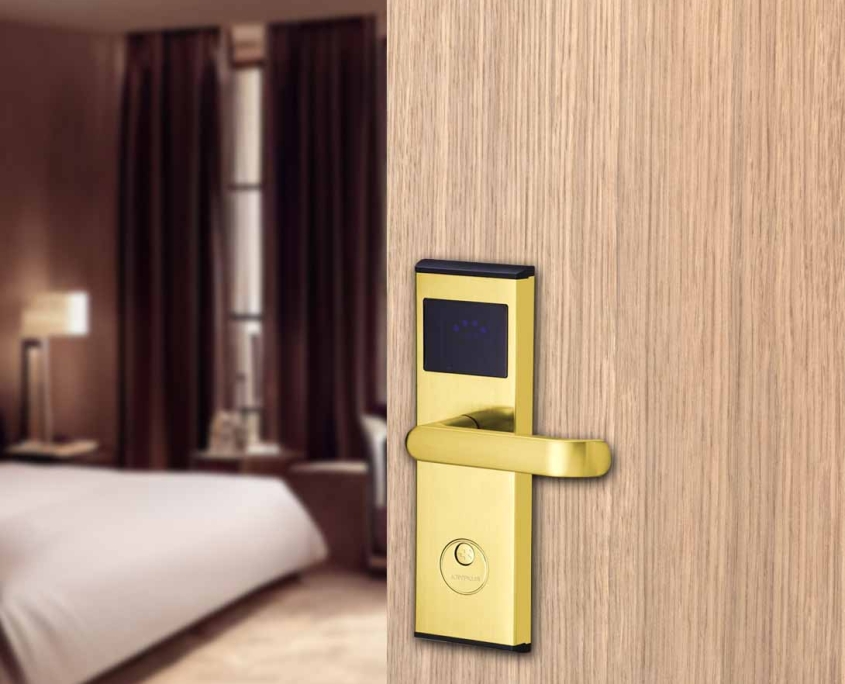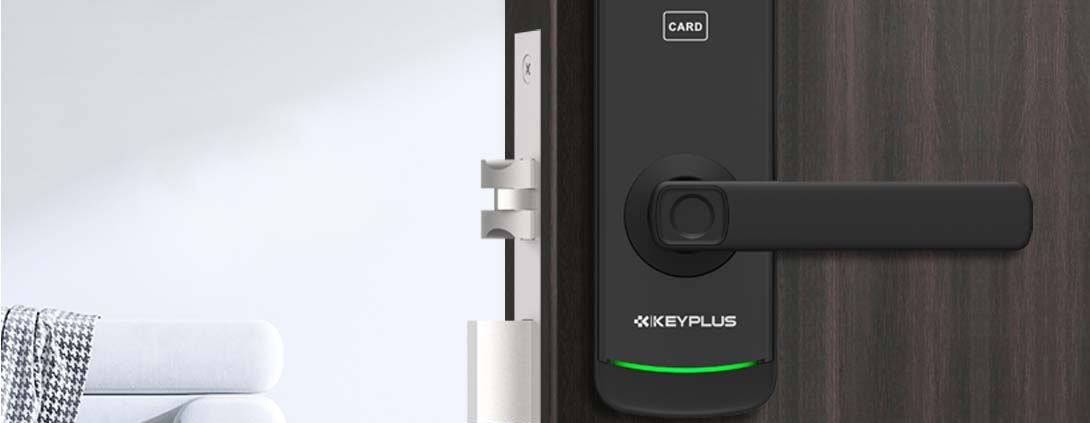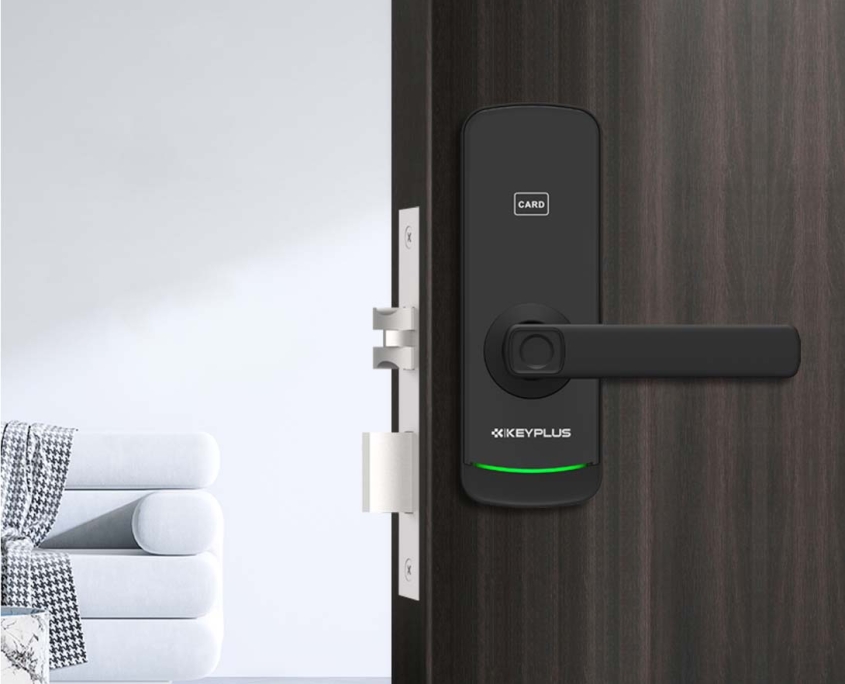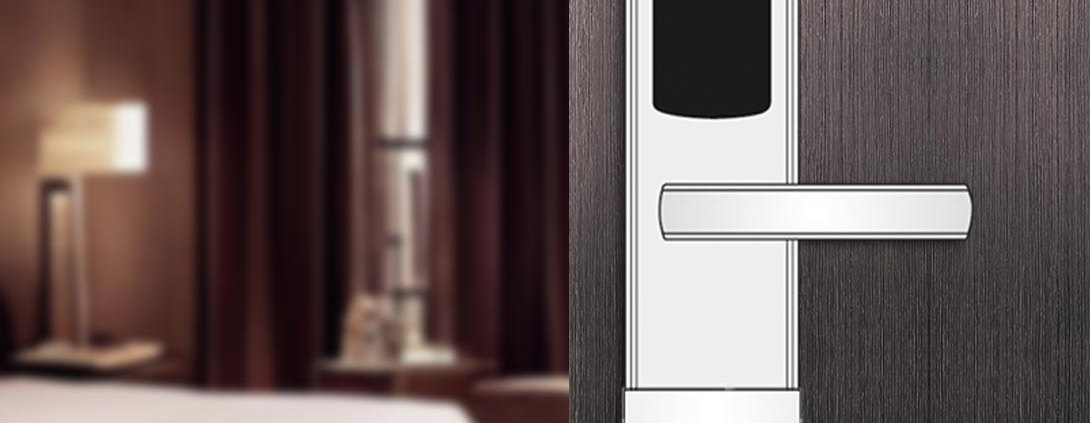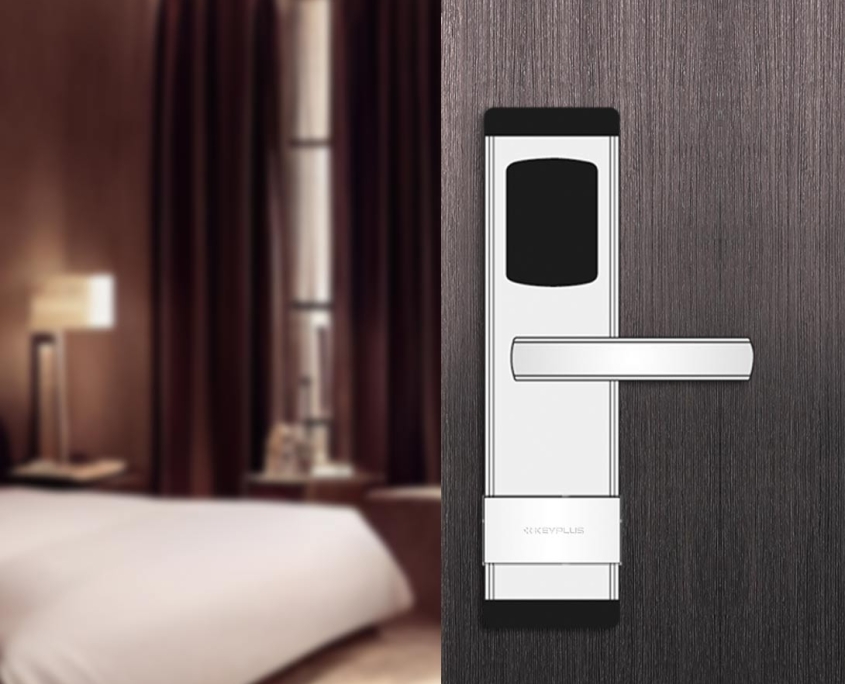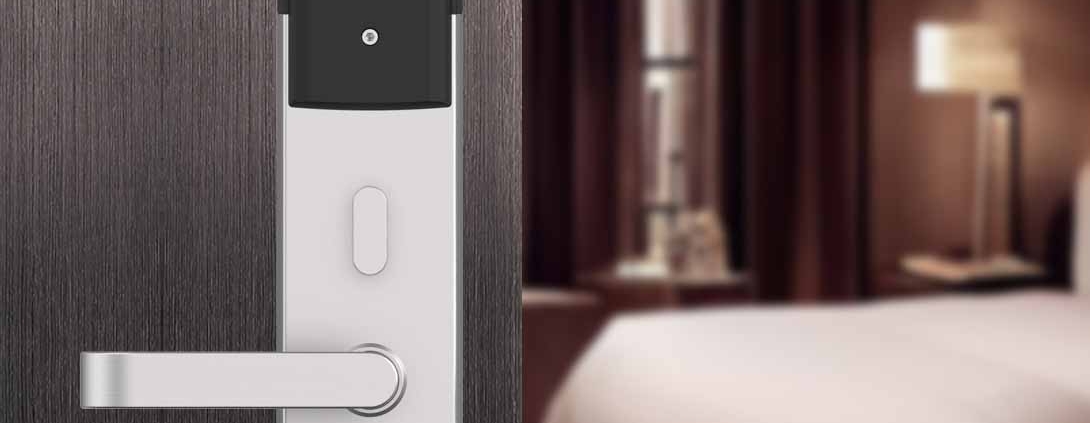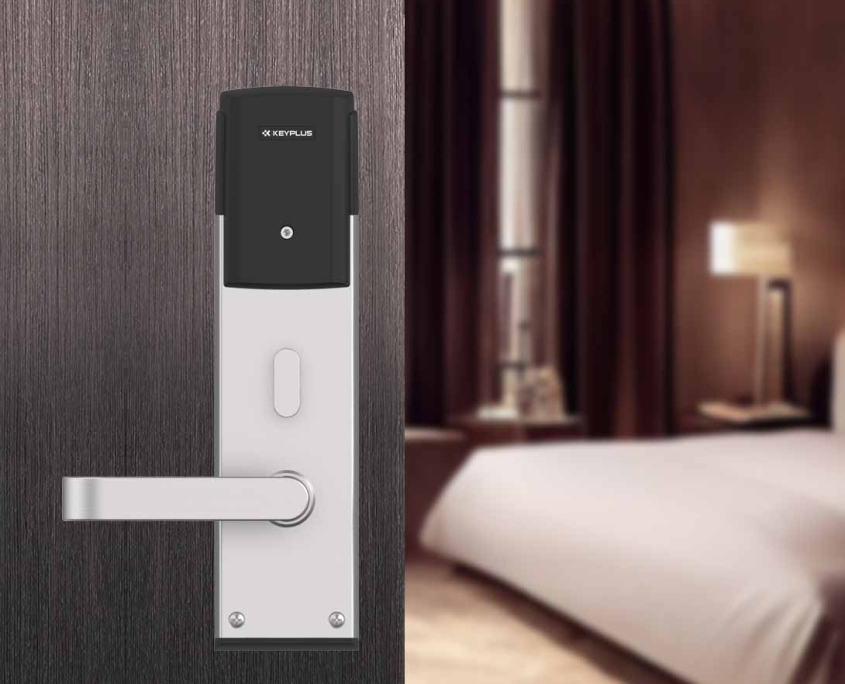When it comes to securing your home, the choice between a smart lock and a traditional deadbolt isn’t always clear-cut. Both have pros and cons, and the best option depends on your lifestyle, budget, and security needs.
In this guide, we’ll compare:
Security strength – Which is harder to break into?
Convenience – Keyless entry vs. physical keys
Cost – Upfront price and long-term value
Installation & compatibility – Which works with your door?
Smart home integration – Does automation matter to you?
By the end, you’ll know whether a smart lock is worth the upgrade or if a deadbolt is still the smarter choice.
1. Security Comparison: Are Smart Locks Safer Than Deadbolts?
Deadbolt Security (The Gold Standard)
Deadbolts have been the most trusted home security lock for decades because:
No electronics to hack – Immune to cyberattacks.
Strong physical resistance – Hard to pick or force open.
Proven reliability – No power or Wi-Fi dependency.
Best for:
-
Homeowners who prioritize physical security over tech features.
-
People in areas with poor internet connectivity.
Smart Lock Security (Advanced but Hackable?)
Smart locks offer modern security perks, but with some risks:
Keyless convenience – No lost or copied keys.
Remote access – Lock/unlock via smartphone.
Activity logs – See who enters and exits.
Best for:
-
Tech-savvy users who want remote control and automation.
-
Renters or frequent travelers who need temporary access codes.
Verdict:
-
Deadbolts win for pure physical security.
-
Smart locks win for convenience and monitoring.
2. Convenience: Keyless Entry vs. Physical Keys
Deadbolt (Old-School but Reliable)
-
Requires a physical key (which can be lost or stolen).
-
No remote access – Can’t let guests in while away.
-
No usage tracking – No way to monitor who enters.
Smart Lock (Keyless & Connected)
-
Unlock via phone, code, or fingerprint – No keys needed.
-
Grant temporary access (for cleaners, guests, Airbnb).
-
Auto-lock feature – Never worry about forgetting to lock up.
Biggest drawback?
-
If your phone dies or Wi-Fi drops, you may be locked out (unless there’s a backup key).
Verdict:
-
Smart locks win for convenience.
-
Deadbolts win for simplicity.
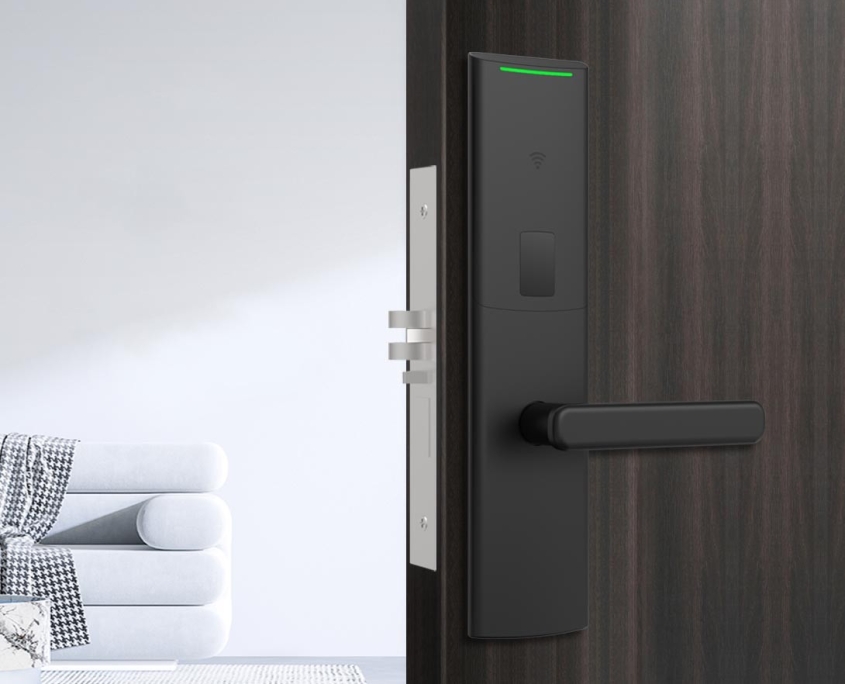
3. Cost: Smart Lock vs. Deadbolt Price Comparison
| Feature | Deadbolt | Smart Lock |
|---|---|---|
| Upfront Cost | 20–100 | 100–500+ |
| Installation | DIY-friendly | May require pro install |
| Maintenance | Almost none | Battery changes, firmware updates |
| Long-Term Value | Lasts 15+ years | Lasts 5–10 years |
Verdict:
-
Deadbolts are far cheaper upfront and long-term.
-
Smart locks cost more but add automation benefits.
4. Installation & Compatibility
Deadbolt Installation
Works on almost any door.
Simple DIY install (basic tools needed).
Smart Lock Installation
May not fit all doors (check measurements first).
Some require wiring (hardwired models).
Many are retrofit designs.
Verdict:
-
Deadbolts are universally compatible.
-
Smart locks may need adjustments.
5. Smart Home Integration (The Game-Changer?)
If you have a smart home system (like Alexa, Google Home, or Apple HomeKit), a smart lock adds:
Voice control – “Alexa, lock the front door.”
Automated routines – Lock doors at bedtime.
Security alerts – Get notified if someone enters.
Deadbolts can’t compete here—they’re manual-only.
Final Decision: Which Should You Choose?
Get a Deadbolt If You…
Want maximum physical security.
Don’t care about remote access.
Prefer a low-cost, long-lasting solution.
Get a Smart Lock If You…
Love tech and convenience.
Need remote access for guests.
Have a smart home system.
Best Compromise?
Many homeowners pair both—a smart lock for convenience and a deadbolt for extra security.

